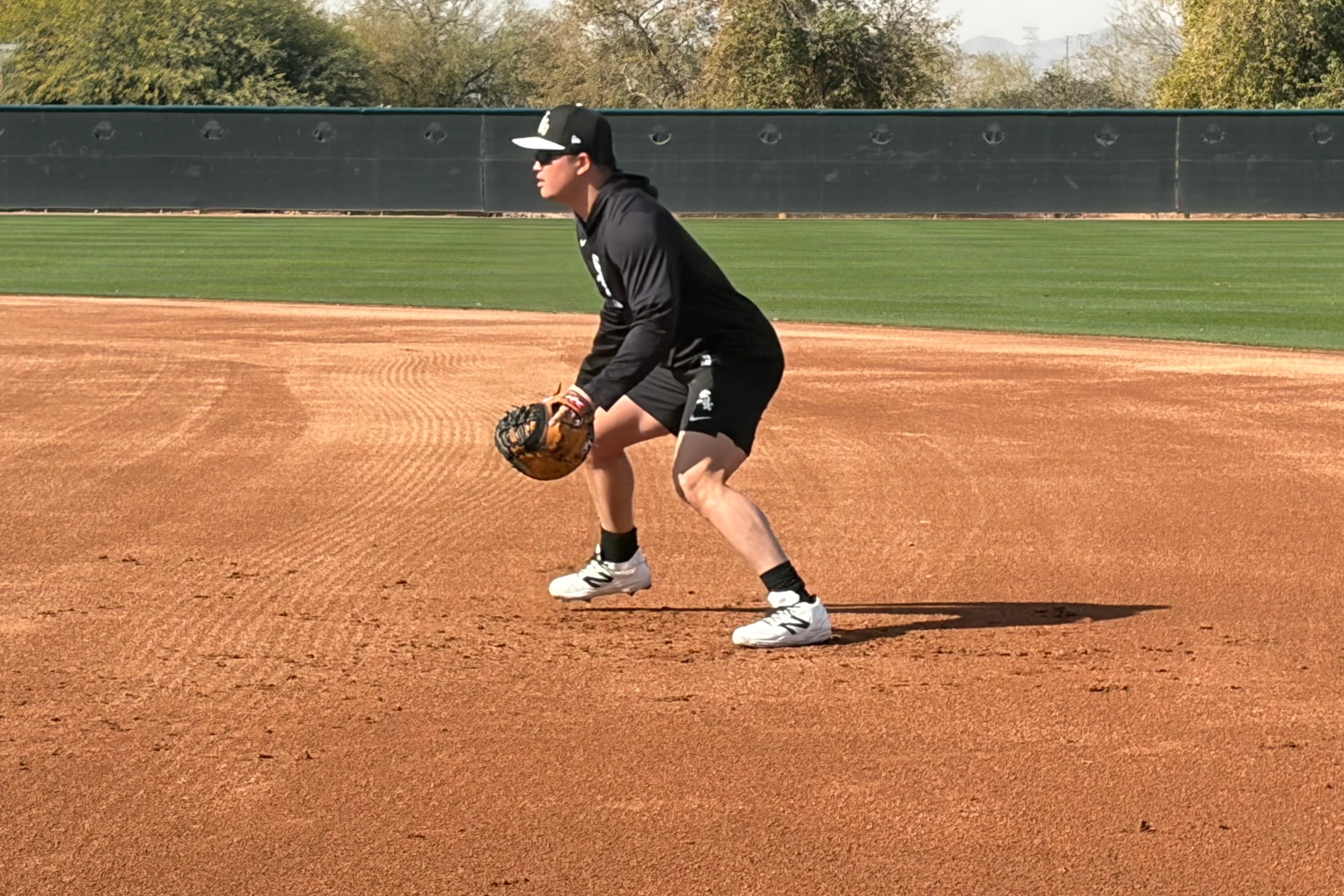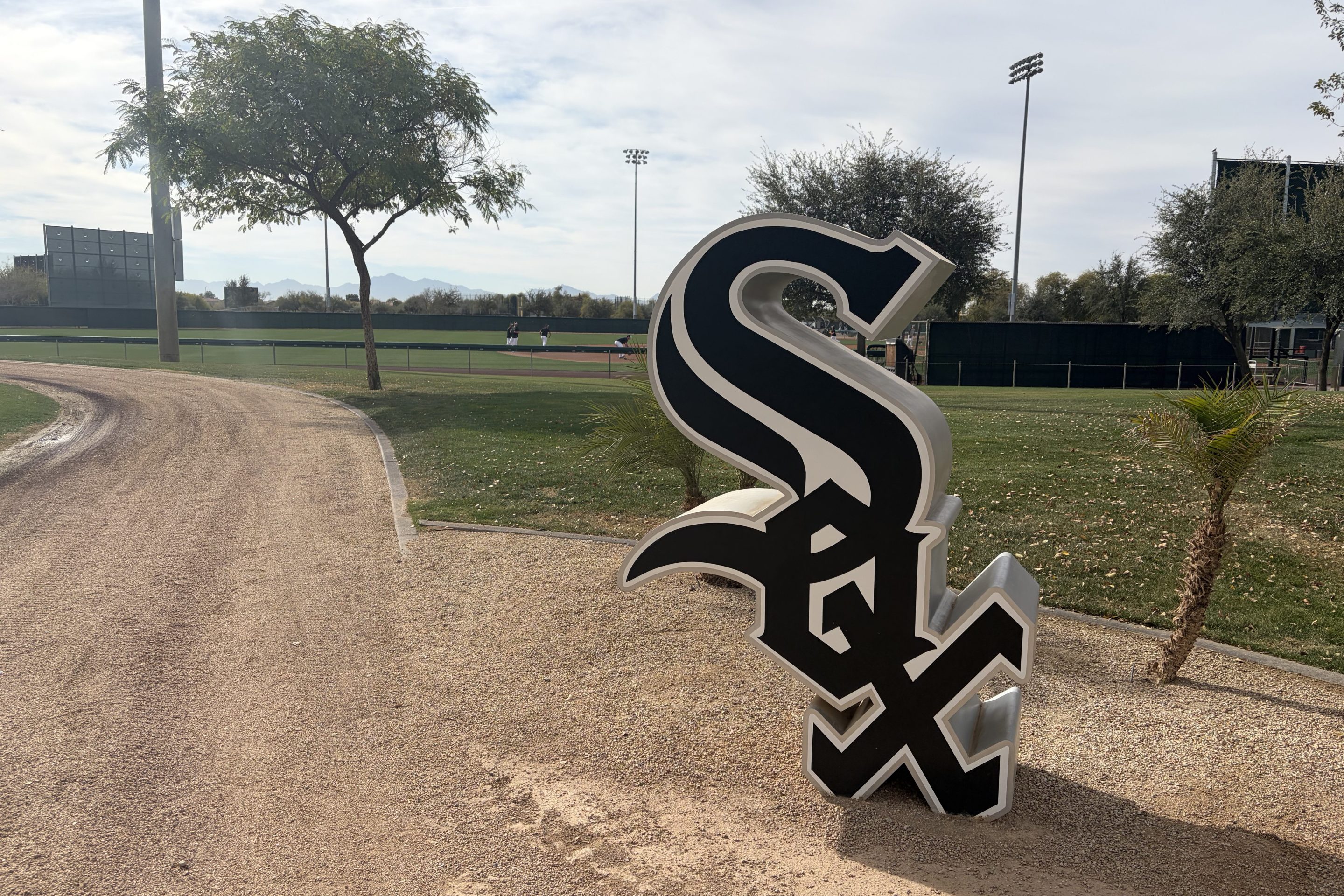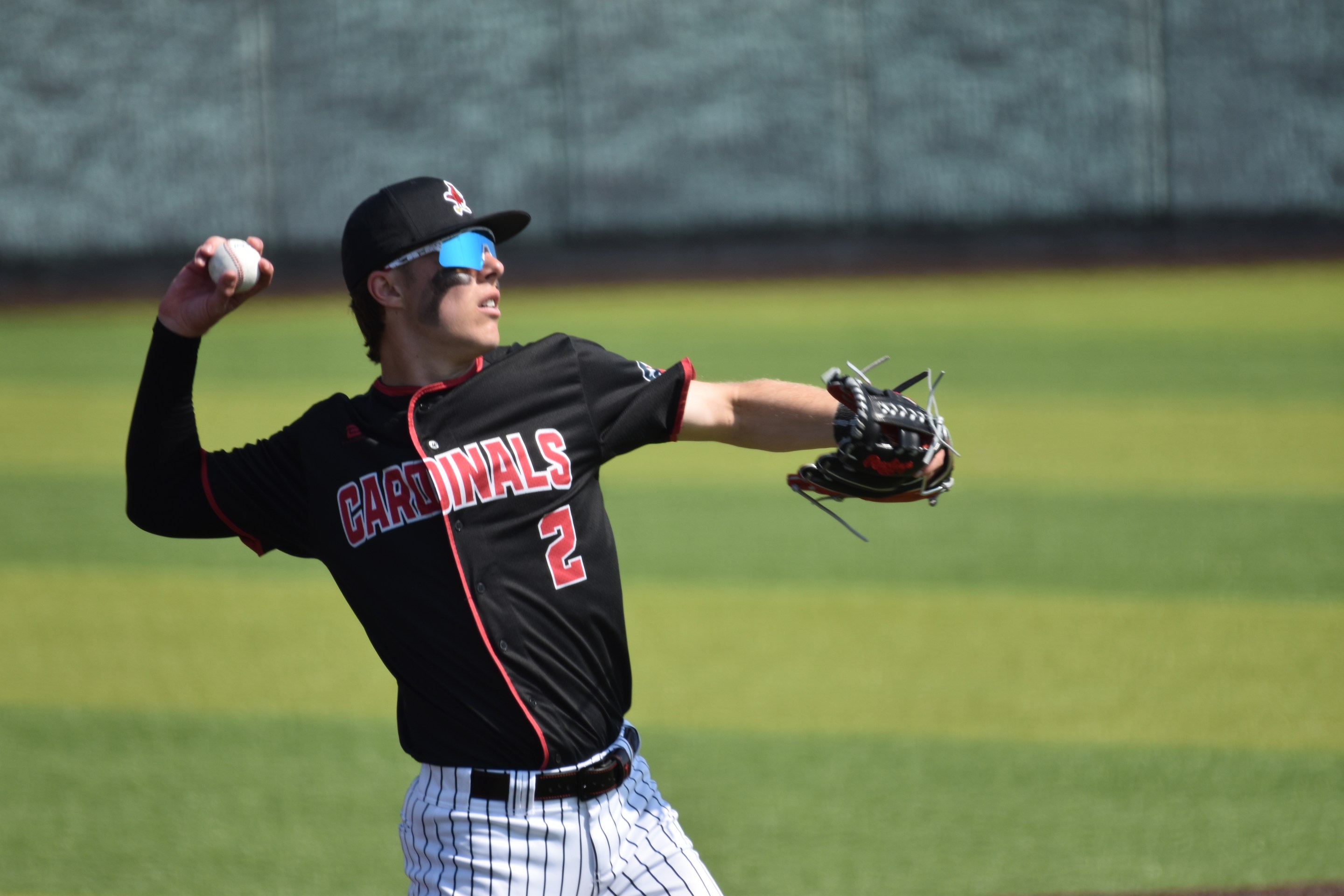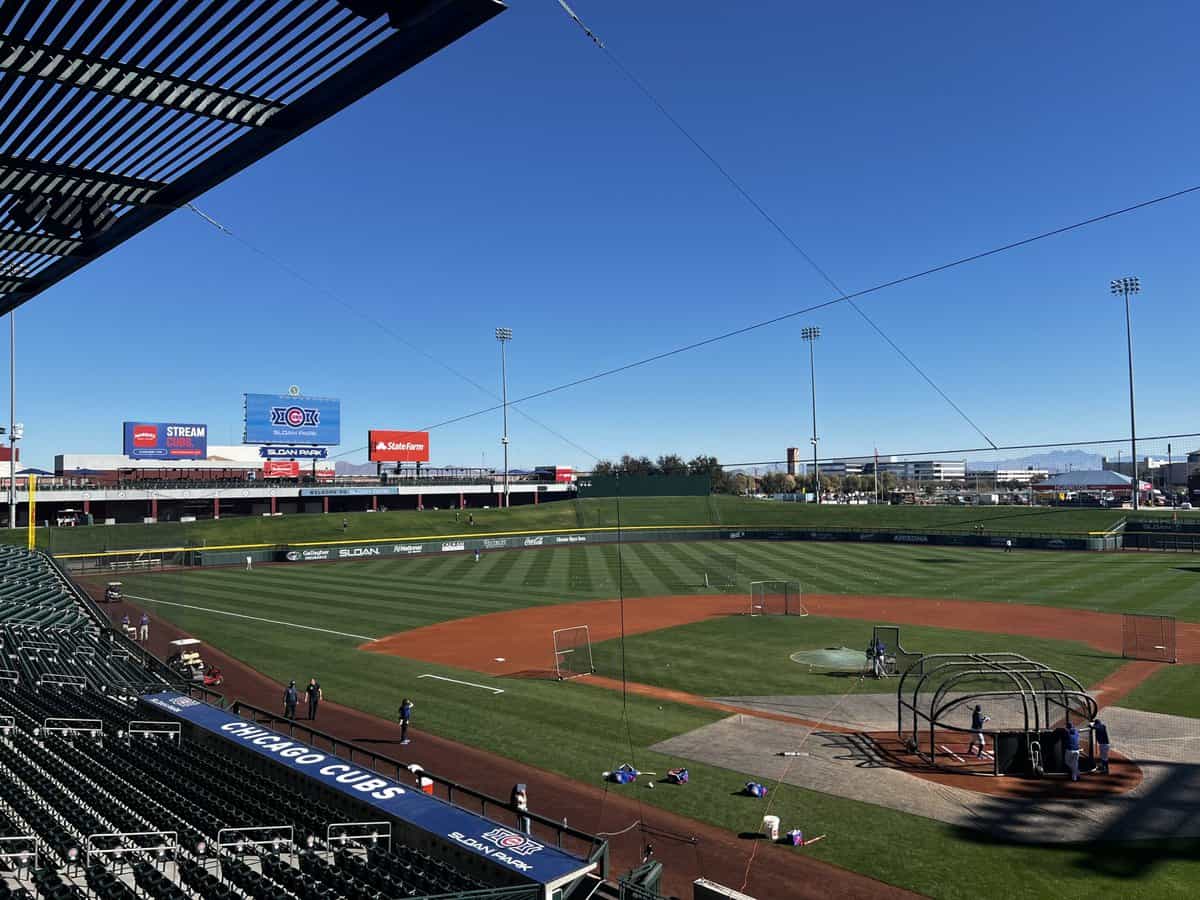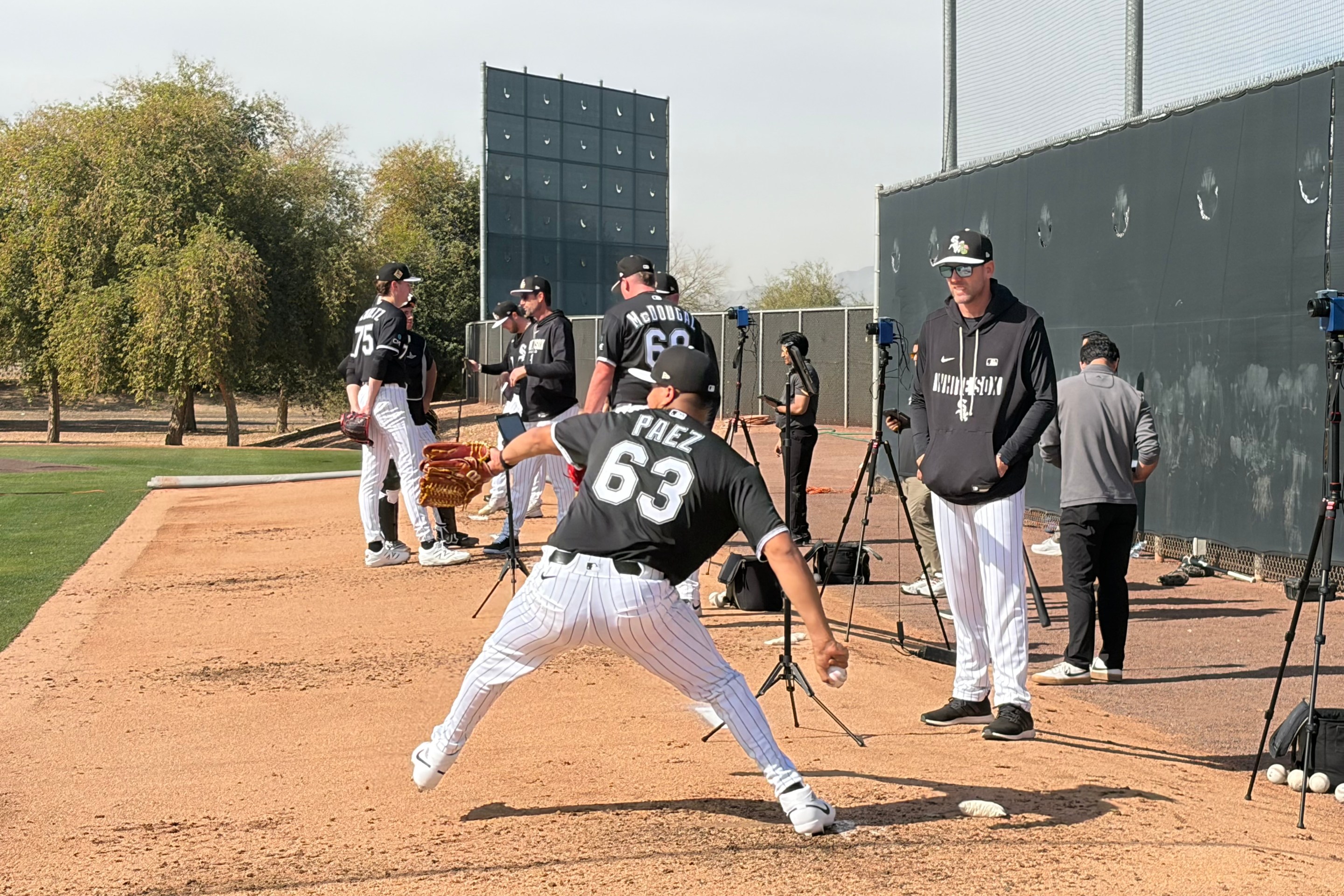Rick Renteria didn't cover himself in glory last year. He didn't stop bunting, he ramped up the benchings, and he made too many trips to the mound in the late innings.
The last one is directly related to the lack of talent on his roster, as he wasn't nearly as anxious with the bullpen that had David Robertson, Anthony Swarzak and Tommy Kahnle anchoring it in his first year. The second one is at least a byproduct of it. He might like eyewash more than the next guy, but he's also trying to wring wins out of team that's just about tapped out.
The first? It's likely a part of his DNA. Let's focus on the other two.
Entering his third year, Renteria occupies what is typically a difficult spot for a rebuild's first manager. This is about the time the losing spills over and the team looks for somebody else to give the message. Fredi Gonzalez gave way to Brian Snitker in the middle of Atlanta's third rebuilding season. Bo Porter didn't even survive his second before A.J. Hinch eventually took over. Bryan Pryce endured three consecutive 90-loss seasons with Cincinnati, only to be fired 18 games into his fourth. Pete Mackanin managed two full rebuilding seasons for the Phillies after taking over in the middle of 2015, then Philadelphia went for Gabe Kapler. Dale Sveum was out after two with the Cubs, and Renteria got the ax after sitting in for the third season.
Renteria's spot is less difficult this time, in that the White Sox, being perpetually weird about how they handle managerial situations the rest of the league finds routine, extended him under the cover of darkness for an unknown amount of time. The natural forces that conspire to oust leaders at this stage remain undisturbed.
The only cure is better performances, a statement as true as it is unsatisfying, because it's also the inverse of a symptom (the way to defeat a common cold is to feel better). So when Renteria says something like this ...
“There comes a time when it’s time to answer the bell,” Renteria said. “And so individuals, different individuals, have to start answering the bell at a higher level, at a more consistent pace.”
... there's nothing technically wrong with it. However, it could also foreshadow frustration if the White Sox once again fall short of such standards because the players they acquired just aren't capable of driving a team themselves.
I'm guessing Renteria is talking about the players under his watch, but with "individuals," it'd be equally true and extremely subversive if he were talking about those in the White Sox front office, who haven't offered immediate improvement over any of the three winters where Renteria has been responsible for the subsequent product. Renteria is more Soul Town than Faction Punk on his SiriusXM presets, but the White Sox' low-ceiling offseason came to mind when reading this Q&A with Atlanta Braves general manager Alex Anthopoulos and chairman Terence McGuirk.
The key to understanding the dissatisfaction with the defending NL East champs is to go back to October ...
But earlier this week, when Anthopoulos said the payroll will increase for the 2019 season, he indirectly confirmed the Braves will have more financial flexibility than they've had since they exited the 2008 season.
Anthopoulos' task is to use this flexibility to make impact gains.
"We will have a good amount of money to work with," Anthopoulos said. "As you guys can understand, for the world to know exactly what we have to work with would make it a very difficult world to negotiate trades and free-agent contracts."
... before seeing this:
All we heard about the Braves’ move to SunTrust was that it would drive a higher team payroll. Terry, you said the team would have money to spend. But it has been a relatively quiet winter. Please explain.
Anthopoulos: Did we promise we were going to spend more money, or did we promise we were going to have more flexibility? Nobody is ever going to say, “We have to spend ‘X’ amount.”
When fandom requires reading the entire terms and conditions form, something has gone awry.
"Analytics," real and imagined, are often blamed when trying to diagnose the biggest reasons for baseball's flat winters. It's true that the enhanced understanding of non-enhanced aging curves contributes to the harsher landscape for veteran free agent veterans, but this behavior flies in the face of the sabermetric m.o. For a team like the Braves -- or the Twins, to use another team that hasn't capitalized on "flexibility" after Joe Mauer retired -- this is when the value of the marginal win is most worth the investment, and clubs just aren't going for them, even while their divisions are increasingly up for grabs.
The White Sox are another team that has worked to put itself in such a position. Signing Manny Machado would be a great use of payroll space, and the Sox are still as likely a destination as anywhere else, so ultimate judgment requires suspension. It'd probably be better and healthier if Machado signed a megadeal in December, but not understanding all the forces at play here, a done deal is the ultimate goal, however it happens.
But the Braves' rationale is there to serve as a warning, especially when following a team that hasn't accomplished what Atlanta has. If the White Sox go a third straight winter of cost-cutting with nothing to show for it, it's then time to roll eyes at "flexibility," "discipline" and other words that aim to chastise fans for wanting a good time sooner than later. Flexibility is only as valuable as the flexing it enables.

